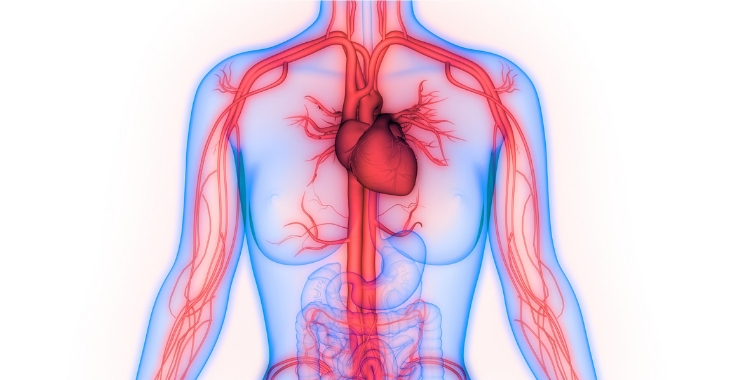Understanding Cardiomyopathy Symptoms and Treatment
Cardiomyopathy is a serious heart condition that can affect how efficiently the heart pumps the blood in your body. This disease of the heart muscle can be caused by damage from a cardio episode like a heart attack or may be due to illness, a blockage or other factors. Understanding the symptoms associated with this condition can help you get the treatment you need for improved recovery.
Symptoms of Cardiomyopathy
When the heart muscle is weak, it cannot perform at the same level and can cause certain symptoms that alert you to a problem. Cardiomyopathy is evident when the heart muscle is no longer able to pump blood inside the heart out to the body at the same rate. This can be due to a dilated, thickened or rigid heart muscle. If less than 50% of the blood in the heart is being pumped out, this is a sign of this disease and can result in the following symptoms:
- Fatigue
- Shortness of breath, both during activity and when lying down
- Swelling in the legs, feet or ankles
It is important to have cardiomyopathy diagnosed right away to begin treatment. If left untreated, the heart muscle can continue to weaken leading to other cardio issues, including heart failure.
Treatment for Cardiomyopathy
The form of treatment for cardiomyopathy will depend on the cause of the disease and certain other factors. Mitigating the cause of the issue to prevent further damage is part of treatment, as well as putting less strain on the heart through medications and other lifestyle changes. Undergoing care with a cardiologist is recommended to ensure you receive the specialized treatment you need to overcome this serious heart problem.
Posted on behalf of:
Corrielus Cardiology
7452 Ogontz Avenue
Philadelphia, PA 19138
(215) 383-5900
The information provided on this website, including text, graphics, images, and other materials, is intended solely for informational purposes and should not be used as a substitute for professional medical advice, diagnosis, or treatment.

)